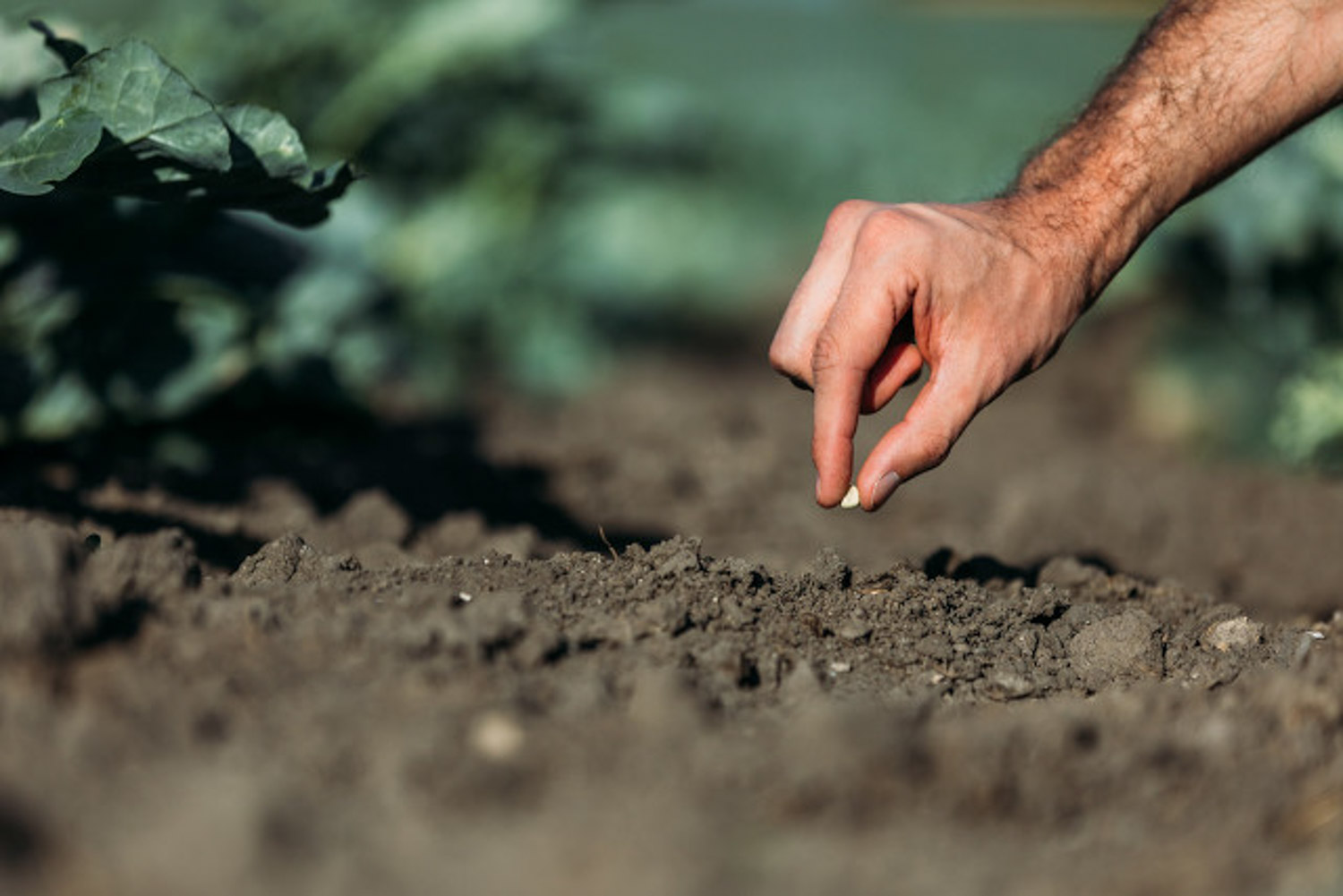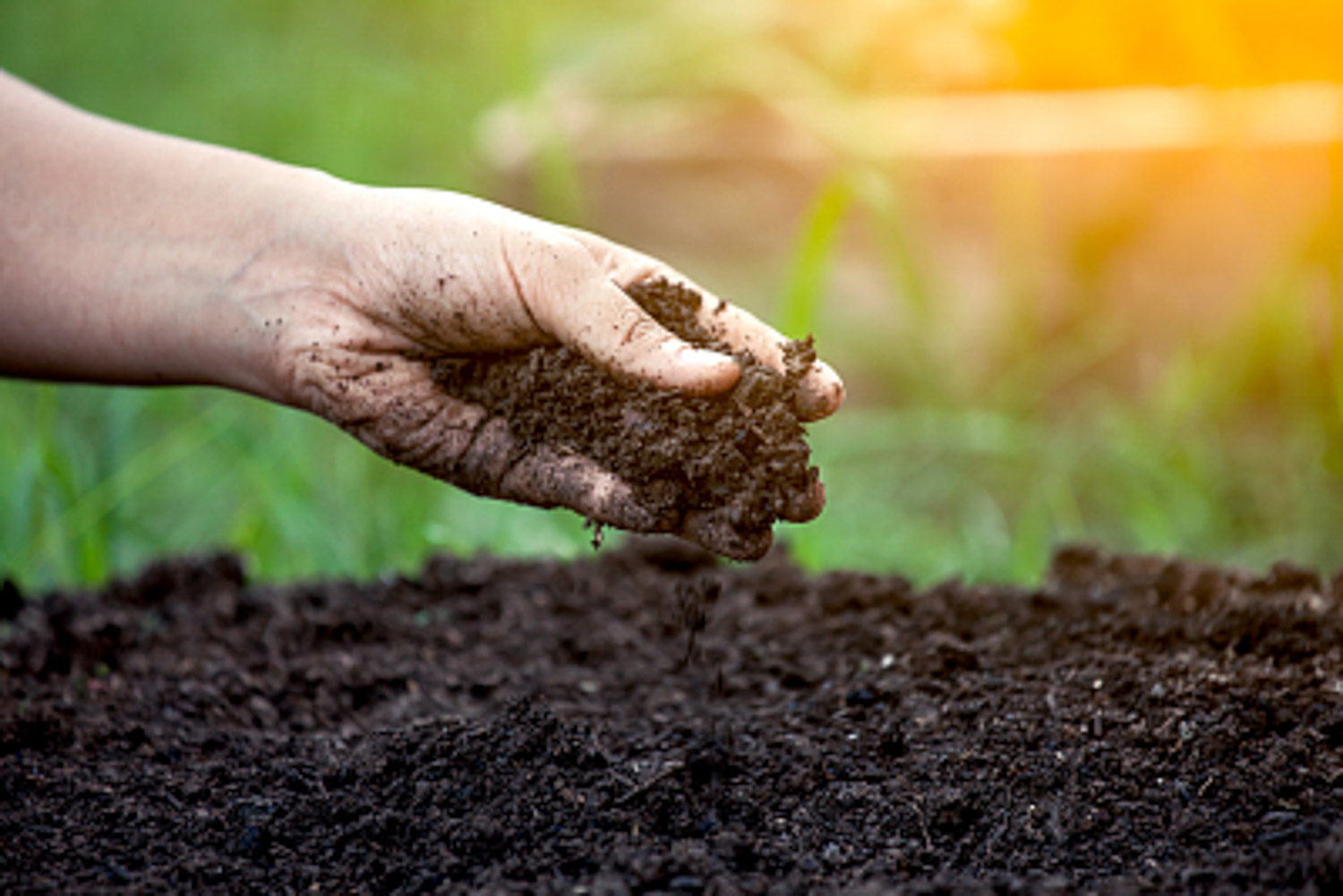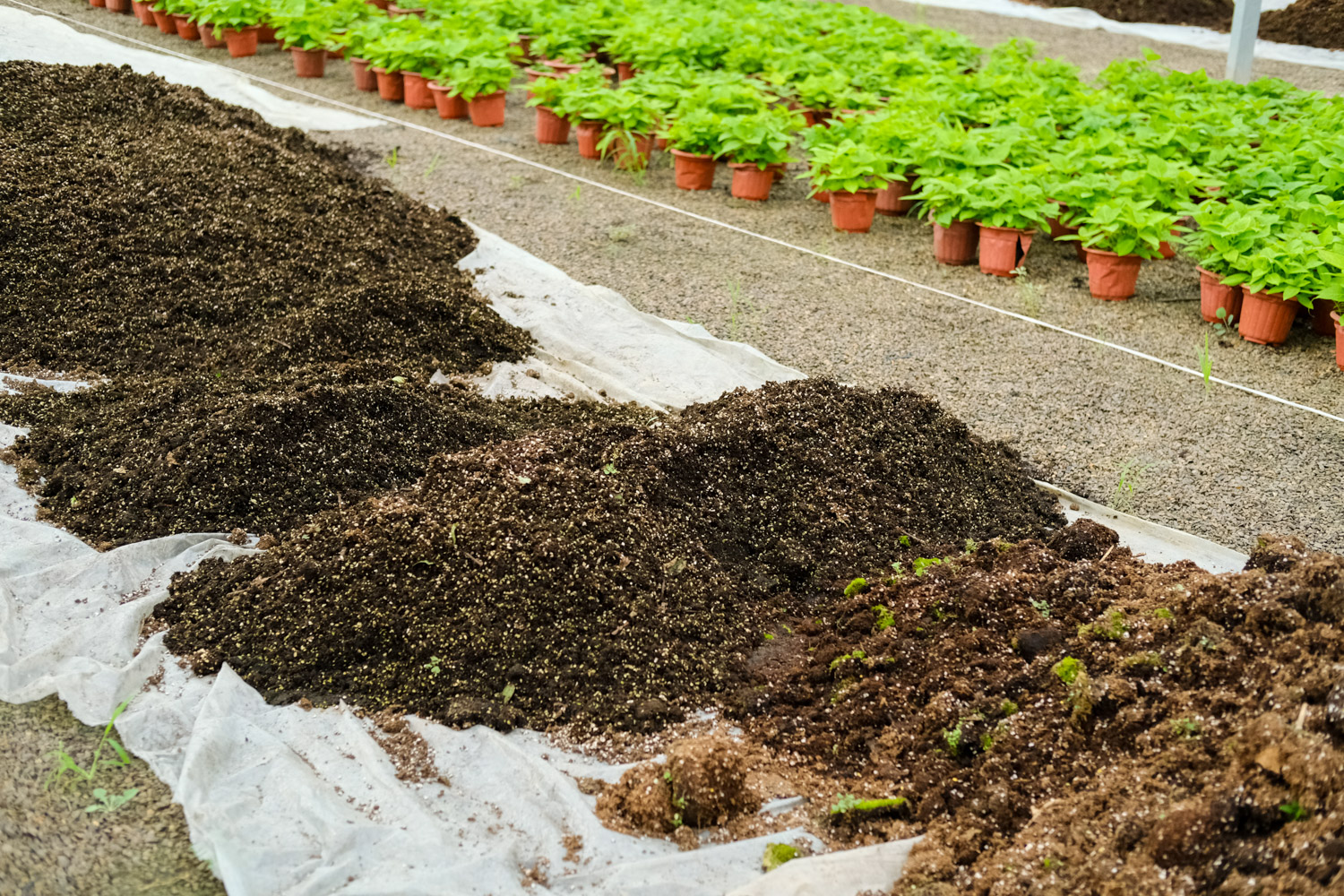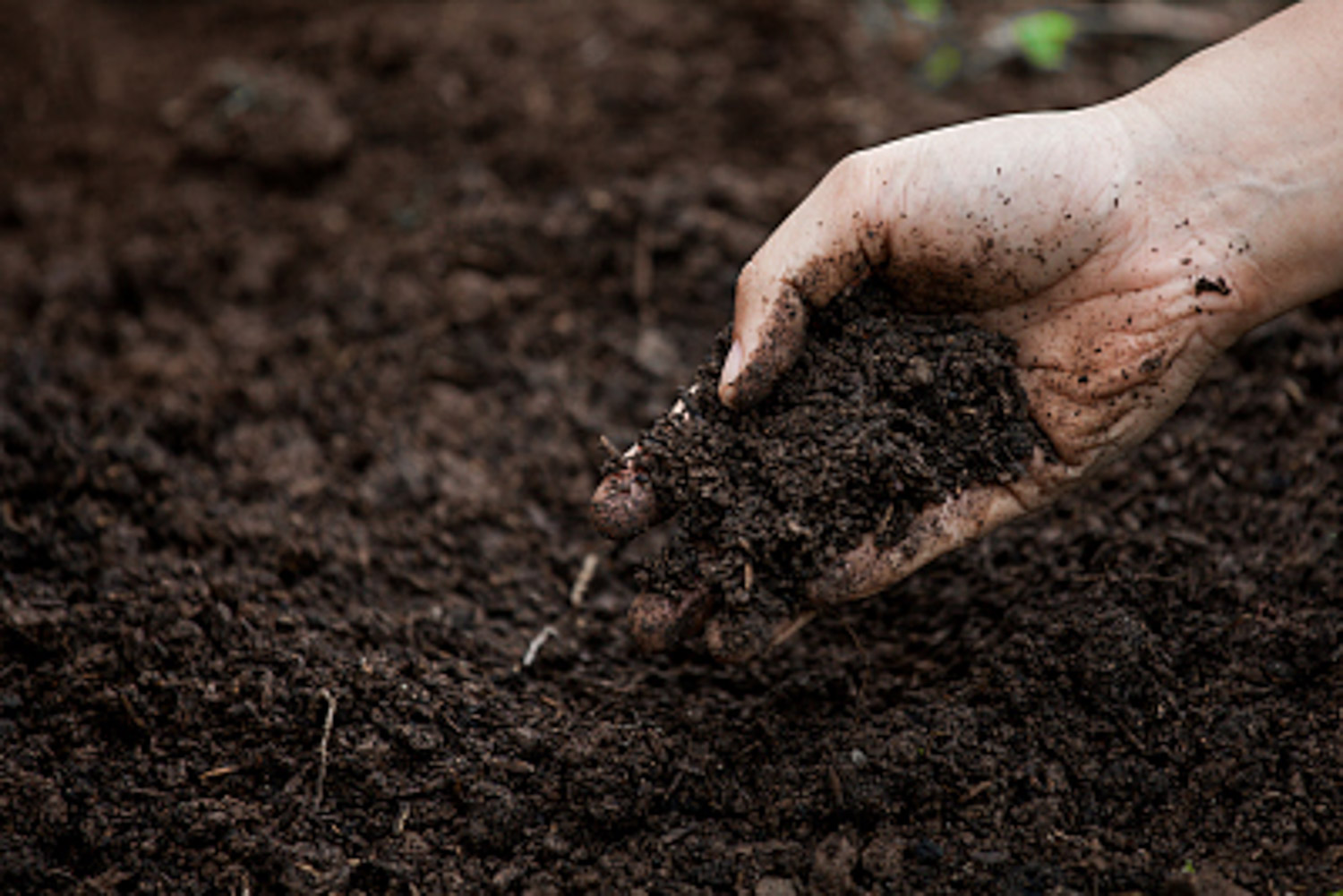Peel retting soil, not smelly, strong fertility
Manufacturing steps

1. Prepare a large mineral water bottle
2. After eating the grapefruit, leave the grapefruit peel and cut it into small pieces
3. Lay a layer of garden soil or old soil on the bottom of the plastic bucket, and then sprinkle a layer of grapefruit skin. Don't be too thick, just 1-2 cm thick. Then, sprinkle another layer of soil and another layer of grapefruit skin. In this cycle, until 10 cm below the bottle cap, and then pave the last layer of 5 cm of soil
4. Put the bottle cap of the plastic bucket on a well lit and ventilated place at home. Open the cap every 2-3 days to breathe. After 2-3 months, you can use it! The flowers raised with it have strong roots and long sprouts
The kitchen waste is piled with fertile soil, which is breathable and dark

Manufacturing steps
1. Don't throw away the rotten leaves picked from cooking, potato peel, yam peel and other kitchen waste fertilizer. Cut them into small pieces
2. Find a waste flower pot and prepare some garden soil or use the remaining old soil
3. Plug the permeable hole at the bottom of the flowerpot and sprinkle a layer of garden soil with a thickness of about 5cm
4. Spread a layer of kitchen waste on the garden soil, then cover it with a layer of soil, then lay a layer of kitchen waste, and then cover the soil. Cycle, and the top layer is about 5cm thick, so there will be no peculiar smell and small insects
5. Put the paved soil in a well lit and ventilated place and you can use it in spring
Sawdust fermented soil, loose and breathable, not rotten roots when raising flowers

Manufacturing steps
1. Sawdust is light in texture, very loose and nutritious. It is a special high-quality soil for raising flowers. The soil fermented by sawdust can be used to raise flowers. The flowers will not rot and the roots will be strong! And if a small amount of sawdust is mixed with soil, it can be used without fermentation
2. Of course, the sawdust is still fermented, and it is safer to reuse it. The sawdust and soil can be mixed evenly in the ratio of 1:1
3. Put the mixed sawdust into the foam box, sprinkle the water and moisten the soil and sawdust, then cover the lid, seal it with tape, and ferment in a warm place. p>
4. After about 2 months, sawdust will be fermented and can be directly used to raise common family flowers such as green pineapple and Chlorophytum. It is breathable and nutritious
Self made rotten leaf soil, loose and breathable, not rotten roots
Manufacturing steps

1. In winter, many trees fall leaves. They collect some fallen leaves of large broad-leaved trees by roadside. For example, French Wutong, Cinnamomum camphora and so on, break these leaves and break them up better! p>
2. Scald the crushed leaves several times with boiling water and disinfect them
3. Find a plastic bucket or storage box without holes, and pour a layer of ordinary garden soil of about 8-10cm into the bottom
4. Sprinkle a layer of broken leaves of about 5-8 cm on the garden soil, and pour a little water to wet the leaves. Pay attention not to press hard, and leave a little gap, which is more conducive to fermentation
5. On the top of the leaves, cover a layer of garden soil of about 5cm, and put about 8cm broken leaves on the garden soil. Repeat this cycle until the basin is full. Note: the number of layers of leaves should not exceed 4
6. Note: the last layer must be paved with a layer of garden soil, and the thickness should be about 10cm, not too thin
7. Recruit a plastic bag, cover the opening of the plastic bucket, leave a small hole for ventilation, put it on the balcony, yard or staircase at home, and let it ferment naturally. Pour rice washing water every 1-2 weeks to ferment faster
8. In about 3-4 months, the rotten leaf soil will ferment. In the next 1-2 months, it can be stirred every week to make the leaves ferment more evenly. Before use, put it in the sun for two days, or spray it with carbendazim solution
Today's self-made nutrient soil method
Huahua, let's introduce it here first
Flower friends think it's economical and practical
You can share it with more flower friends
Of course, if you have a better way of retting
You can also leave a message to Huahua in the lower right corner

 how many times do yo...
how many times do yo... how many planted tre...
how many planted tre... how many pine trees ...
how many pine trees ... how many pecan trees...
how many pecan trees... how many plants comp...
how many plants comp... how many plants can ...
how many plants can ... how many plants and ...
how many plants and ... how many pepper plan...
how many pepper plan...





























